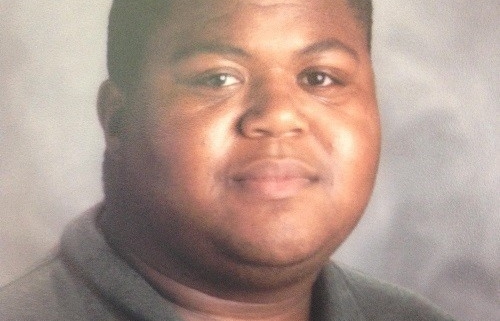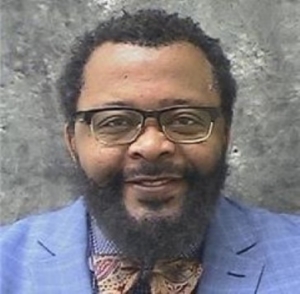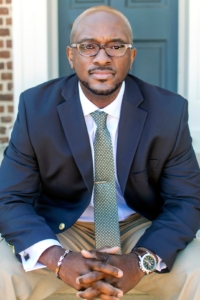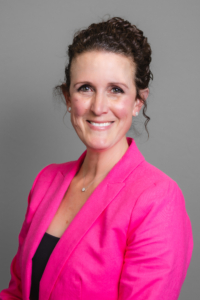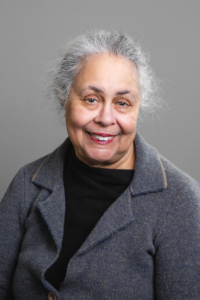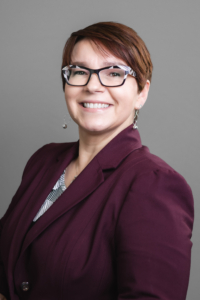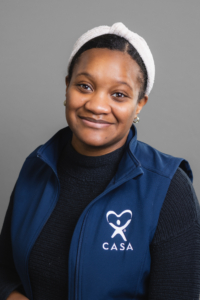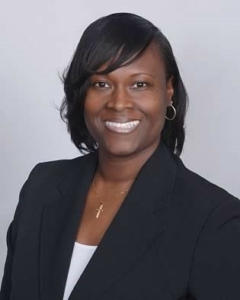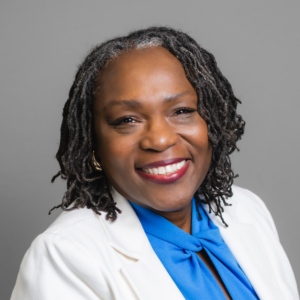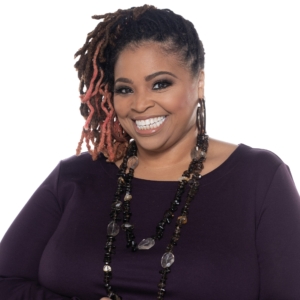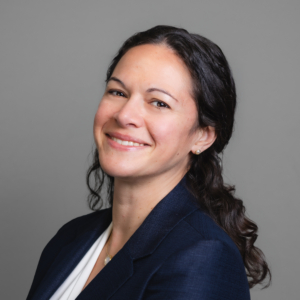Nathaniel Wallace: Takes ‘Tough Cases’
As a Court Appointed Special Advocate (CASA) for foster children, Nathaniel Wallace likes to take the “tough cases,” the ones fellow volunteers prefer to avoid.
“I believe it’s my calling,” says Nathaniel, a grade school teacher and active church goer. “I think God tells me to take these tough cases because no one else wants them.”
Since becoming a CASA in 2014, Nathaniel has accepted two highly difficult cases. Both involved teenagers, a female and a male, who had been abandoned by their families and suffered from behavioral problems.
For three years, Nathaniel advocated for the young woman in court, met with her teachers, therapists and caregivers, and repeatedly reached out to her father to attempt to establish a connection with his daughter.
The young woman ended up aging out of foster care at 21 – homeless, jobless and confined to a wheelchair as the result of being paralyzed from the waist down in a shooting.
“I was there in court when she aged out,” Nathaniel said. “It was sad. I told her to keep in touch with me. And she does. She has my number. I still try to help when I can.”
After her case closed, Nathaniel was offered a far easier one, that of a 1-year-old girl and her 3-year-old brother who, because of their young ages, were prime candidates for adoption.
Nathaniel was tempted. But then he heard about a troubled 13-year-old boy who had been abandoned by his parents and has significant behavioral issues.
“The young man had been waiting for a CASA for nearly a year,” Nathaniel said. “No one wanted him. So, I took him. He deserves to be helped, and that’s what I’m trying to do.”
Cheryl Richards, his supervisor at CASA/Prince George’s County, said, “Nathaniel is fearless. Nothing scares him. He lives to help others.”
Nathaniel knows first-hand about foster care. His mom was in foster care from age 3 until she aged out at 18. Without a CASA, she received limited help. But she managed to graduate high school, get a job and have a family of her own.
“I contacted CASA because I want to help,” Nathaniel said. “Being a CASA is tough. You can feel burned out. You got to take care of yourself. You got to stick to your beliefs. You have to want to make a difference.”

